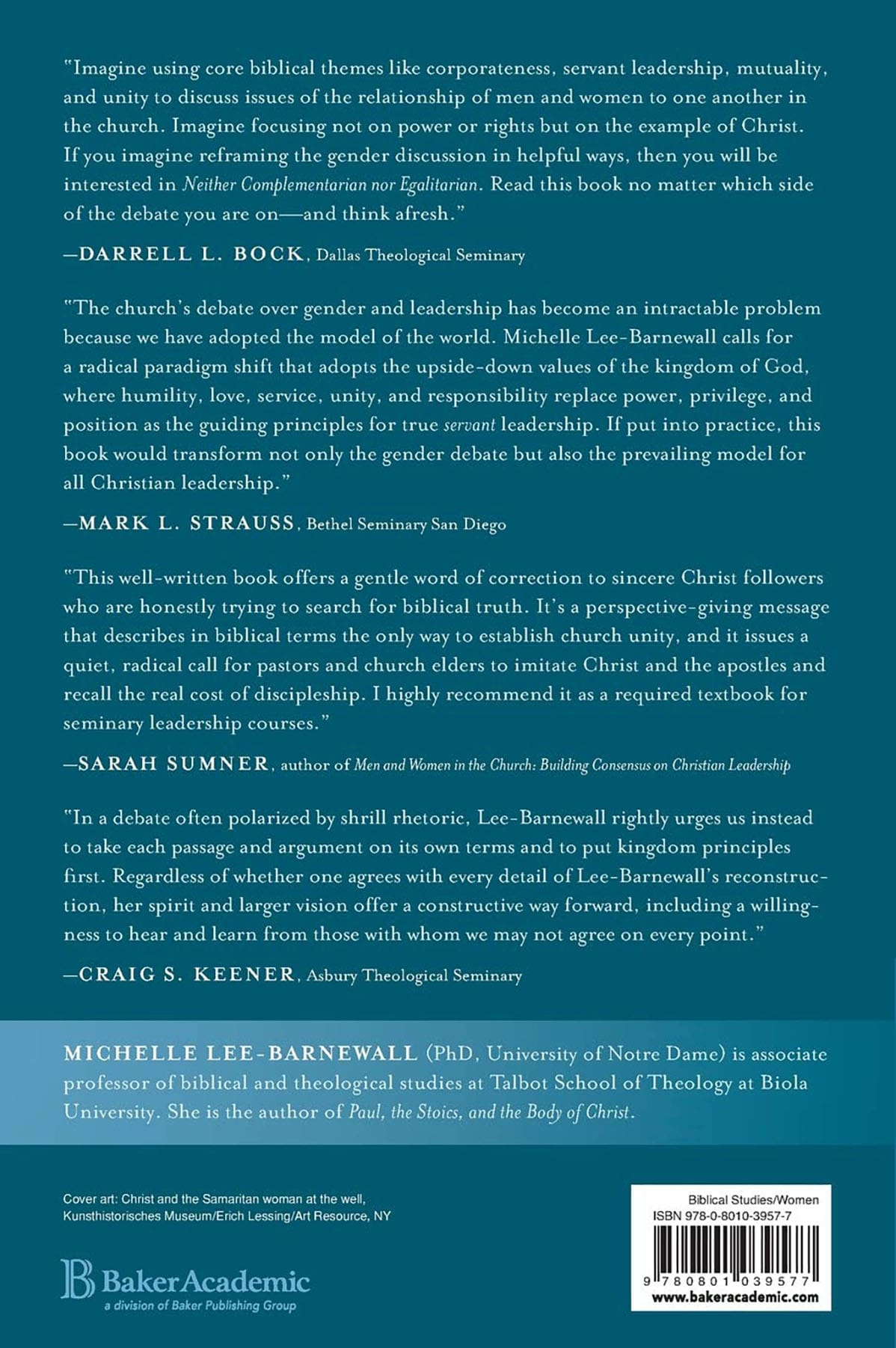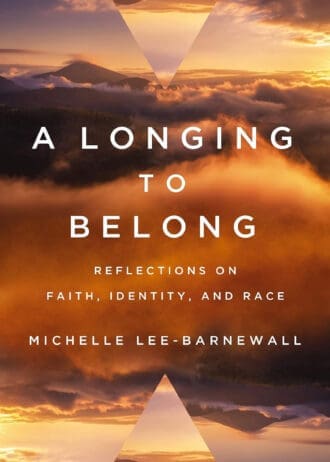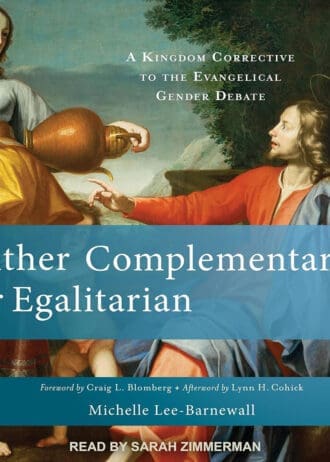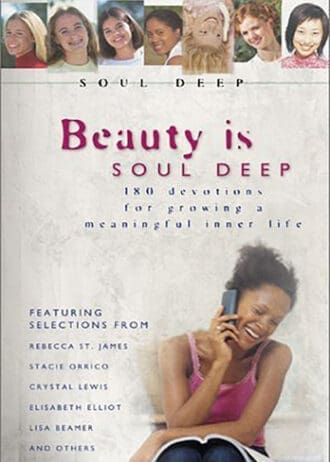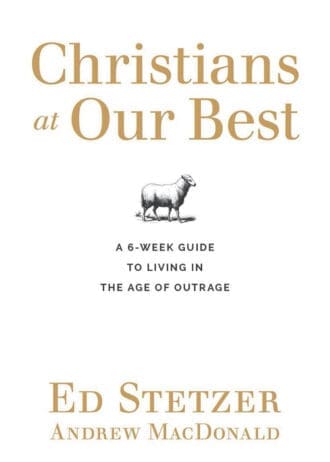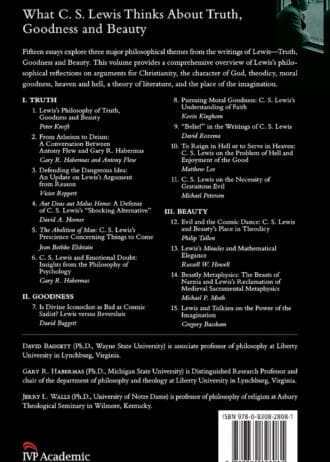Christianity Today Book Award Winner
Regarding gender relations, the evangelical world is divided between complementarians and egalitarians. While both perspectives have much to contribute, the discussion has reached a stalemate. Michelle Lee-Barnewall critiques both sides of the debate, challenging the standard premises and arguments and offering new insight into a perennially divisive issue in the church. She brings fresh biblical exegesis to bear on our cultural situation, presenting an alternative way to move the discussion forward based on a corporate perspective and on kingdom values. The book includes a foreword by Craig L. Blomberg and an afterword by Lynn H. Cohick.
Editorial Reviews
Imagine using core biblical themes like corporateness, servant leadership, mutuality, and unity to discuss issues of the relationship of men and women to one another in the church. Imagine focusing not on power or rights but on the example of Christ. If you imagine reframing the gender discussion in helpful ways, then you will be interested in Neither Complementarian nor Egalitarian. When one serves while leading and pays special attention to corporate versus individual themes, things are transformed from the way the world (and sometimes the way the church on both sides of the debate) talks about them. Read this book no matter which side of the debate you are on–and think afresh.
Darrell L. Bock, Dallas Theological Seminary
The church’s debate over gender and leadership has become an intractable problem because we have adopted the model of the world, where leadership is about equality, rights, privilege, power, and position. Michelle Lee-Barnewall calls for a radical paradigm shift that adopts the upside-down values of the kingdom of God, where humility, love, service, unity, and responsibility replace power, privilege, and position as the guiding principles for true servant leadership. If put into practice, this book would transform not only the gender debate but also the prevailing model for all Christian leadership.
Mark L. Strauss, Bethel Seminary San Diego
This well-written book offers a gentle word of correction to sincere Christ followers who are honestly trying to search for biblical truth. It’s a perspective-giving message that describes in biblical terms the only way to establish church unity, and it issues a quiet, radical call for pastors and church elders to imitate Christ and the apostles and recall the real cost of discipleship. I highly recommend it as a required textbook for seminary leadership courses.
Sarah Sumner, author of Men and Women in the Church: Building Consensus on Christian Leadership
In a debate often polarized by shrill rhetoric, Lee-Barnewall rightly urges us instead to take each passage and argument on its own terms and to put kingdom principles first. Regardless of whether one agrees with every detail of Lee-Barnewall’s reconstruction, her spirit and larger vision offer a constructive way forward, including a willingness to hear and learn from those with whom we may not agree on every point.
Craig S. Keener, Asbury Theological Seminary


